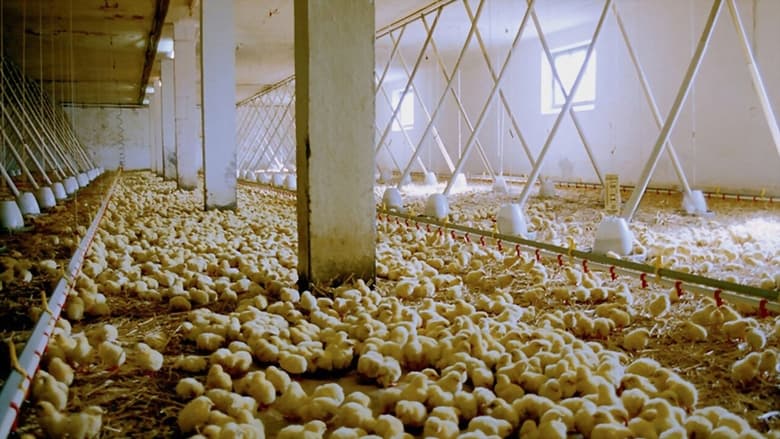A documentary that exposes the shocking truths behind industrial food production and food wastage, focusing on fishing, livestock and crop farming. A must-see for anyone interested in the true cost of the food on their plate.


Similar titles
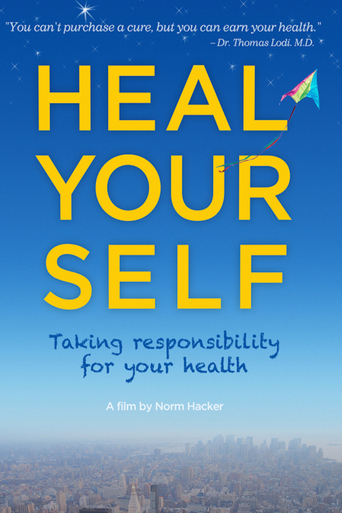
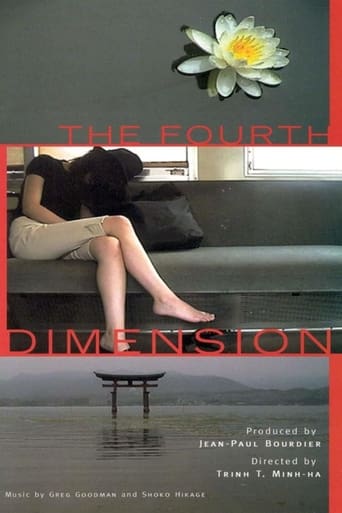
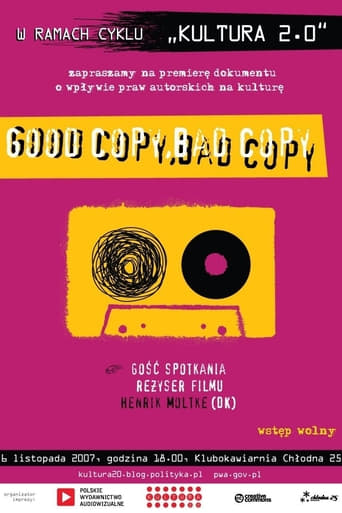
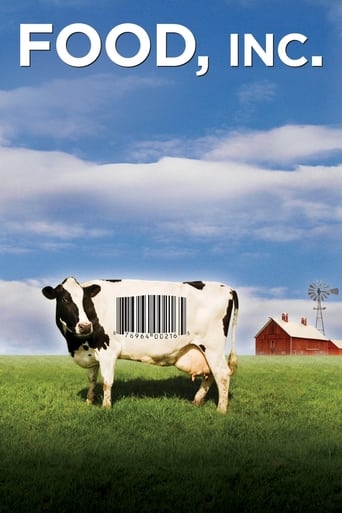
Reviews
Well, if you're a beginner in knowledge of globalism and / or capitalism, this movie may be very interesting for you. It shows you a new perspective of life on earth; people who get exploited for the profit of a few ones. Men looses their jobs at the dictations of EU and modern technology; vegetables are grown up by some new kind of hybrid-seeds, which in the end also just maximizes the profit of CEOs. All in all: Capitalism destroys mankind. Nothing new. Don't misunderstand me: Im by myself a huge enemy of capitalism, better to say: I hate it. But this movie doesn't show anything I don't already know. Some nice pictures, underlined by sad and / or depressed people who suffer from exploitation. What I criticize is that you don't get explained the whole complex thats involved in this. 'Cause its much more. So we had to see more about politics, about suppression, about corporations and their daily work (well, Nestle was a good example, but too close to the surface.)All in all a good movie for Children and people who want to learn about how global-economics work. 7/10.
Often beautiful cinematography. Quite stark at times, but necessarily so. This is a very valuable film from an point of view not often heard.This is a close look at the current production methods for what we eat. It reveals much that is hidden from the consumer. It shows factory farming up close, the source of most of our supermarket offerings. All of the solutions to the issues raised in the film are not presented, but the concerns and need to come up with solutions is persuasive. Clearly, considerable effort is required, but there are many ways to get there and they all start with opening the eyes to that is going on.The film illustrates how the overriding pursuit of profit affects the nutritional values, chemical and genetic hazards in our food.A good starter on intelligently approaching food. I suggest watching it to figure out what to do next.
Shallowness refers to contents, I don't have any special request for the presentation, this is a documentary meant to inform, not to impress.Sad thing: I am old enough to remember how things were, at least in Romania, and we're actually not doing better. On the contrary, from the quality of food to the quality of beliefs and life itself, we lost a lot and we're bound to continue losing. Under the cover of getting rid of communism, we're actually getting rid of a lot more. But who cares, as long as there's cheap stuff to put in our mouths... As for the human right to water, I believe that the Nestle CEO aims to sell to us air in the next decade, and we're stupid and lazy enough to let him and others like him do exactly that. The only thing that's effortless on this planet is stupidity.It looks that I'm rather tempted to comment the information released in the movie than the movie itself, and IMDb is not the place for that. I will then say only that sometimes more means less, in the end.
I saw this film at the 2005 Toronto International Film Festival. I would call this film a Mondovino for food. By which I mean it is an examination of how globalization and the growth of the power of corporations has affected the production of food. The director dispassionately takes us to farms in Romania and Brazil, a fishing boat in Brittany, a greenhouse in southern Spain, and a chicken processing plant in Austria.In all these places, we see traditional practices being abandoned in favour of giant factory operations. In each place, someone on camera asserts that flavour is not as important as price or appearance. So we see hothouse tomatoes being driven 2500 kilometres to be sold, we see rain forest cleared to grow soybeans, even though the soil is unsuitable, and we see the entire eight-week life cycle of thousands of chickens, raised to supply the incessant demands of the world for cheap food. Watching factory-farmed chickens being "processed" might be enough to turn some people into vegetarians. Except for the fact that our vegetables are really no better.There is some interesting information about GM (genetically modified) crops which are resistant to herbicides like Monsanto's Roundup and the growing use of hybrid seed. Unlike regular seed, which farmers used to save from year to year, hybrid seed cannot be used to raise a second crop, forcing farmers to keep buying seed from large seed firms like Pioneer. This raises all kinds of issues, and I really think the film could have spent more time here.The film ends with an interview with the CEO of Nestlé, the largest food manufacturer in the world, who muses on "attaching a value" to water, and calls the position of the NGOs, that access to clean water is a human right, "extreme". After bragging how many jobs his corporation is creating, and how many families it is supporting, he glances at an informational video of one of Nestlé's Japanese factories, and marvels how it is so roboticized. "Hardly any people," he crows.The only significant weakness to this documentary was its unrelenting gloom. I would have liked to have been given some ammunition or to have seen some success stories, or at least some rebellion. But there wasn't any. Since I have an interest in this area, I can point you to the Slow Food organization, which is trying to encourage more consumption of local products and the preservation of disappearing foodstuffs. But I really wish the director had done it instead.

